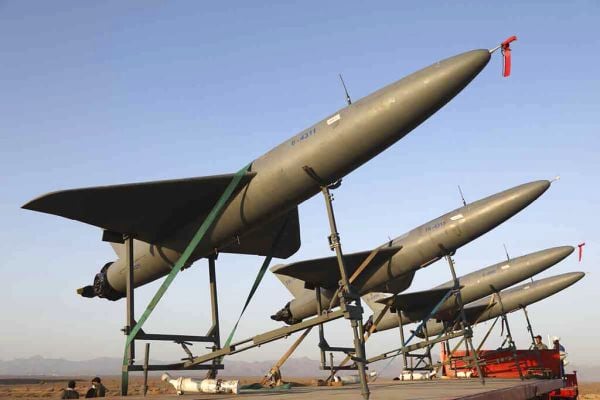R2 Wireless is an Israeli startup that leverages machine learning to advance the detection of drones and prevent casualties.
By Shula Rosen, United with Israel
Following the drone attack on Israeli Prime Minister Benjamin Netanyahu’s residence in Caesarea and the deadly UAV strike on the dining hall of the Binyamina army base, the IDF has resolved to advance technology to detect and intercept enemy drones.
That is not an easy task since the drones passing detection systems are low-flying and don’t resemble conventional aerial weapons.
R2 Wireless is an Israeli startup that leverages machine learning to advance the detection of drones and prevent casualties.
Israel has relied on the Iron Dome to detect missiles and intercept them; however, in a number of drone attacks, there were no sirens because existing detection systems did not perceive the drones as dangerous.
Israel’s military has realized it can no longer rely solely on radar to detect threats since drones are often not picked up by conventional radar systems.
Hamas used drones to disable electronic monitoring systems on the morning of October 7th.
In addition, there were no sirens in Caesarea when the Hezbollah drone struck the Prime Minister’s window.
To counter this threat, R2 Wireless has developed deep signal processing technology to sense the presence of drones.
Dr. Yiftach Richter founded the company four years ago and is refining a system that uses machine learning algorithms to detect various types of signals from various sources.
Israel’s military is starting to use R2 Wireless’s technology, and it is being tested in the UK and by NATO forces.
“This is just the tip of the iceberg,” R2 Wireless CEO Onn Fenig told The Times of Israel. “We will continue seeing UAVs that succeed in breaching Israeli air defenses, and it shouldn’t come as a surprise to anyone as the current military systems weren’t designed to counter the rapidly evolving threat.”
The advances in drone technology require an evolution in technology to detect and intercept UAVs.
Fenig says R2 Wireless’s system will have multiple applications, including in the military, law enforcement, and commerce.
The idea was to bring military-grade capabilities not only to [military] forces and law enforcement agencies but also into the commercial world to help protect critical infrastructure and for the use of private companies.”
